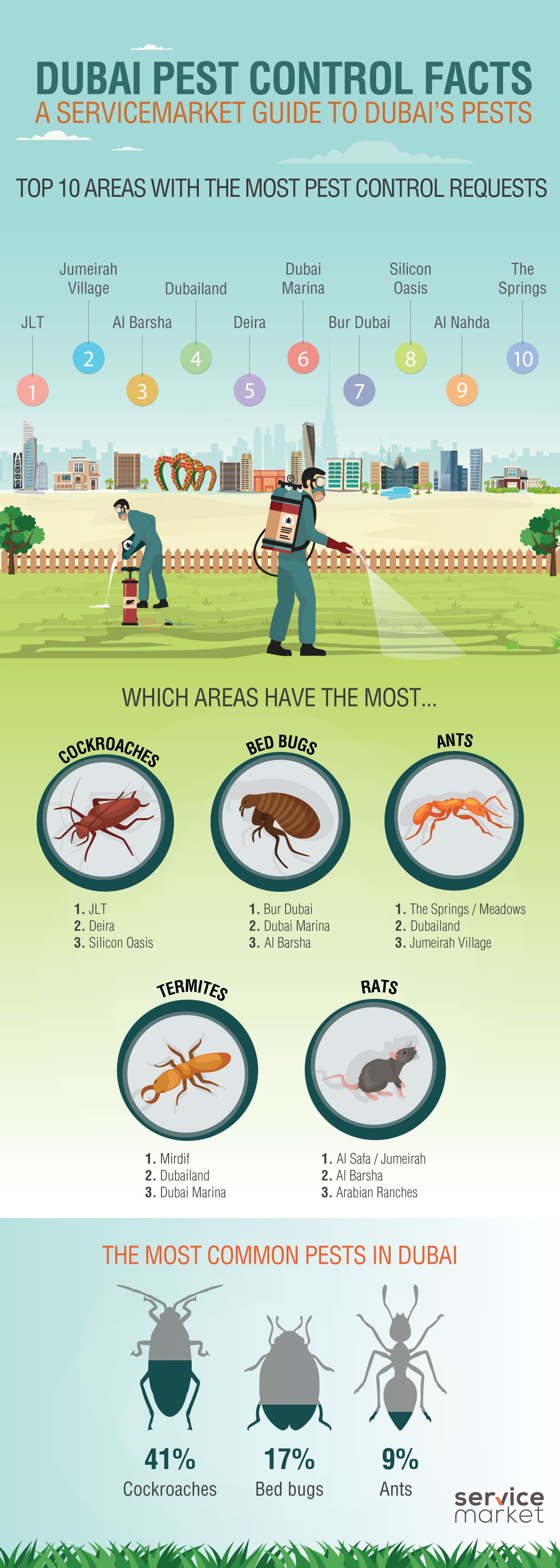Securing Your Yard From Pests: Methods For A Pest-Free Outdoor Area
Securing Your Yard From Pests: Methods For A Pest-Free Outdoor Area
Blog Article
Write-Up By-Vang Warren
Envision your garden as a refuge, a location of tranquility and elegance. However, the presence of outside bugs can rapidly interrupt this picturesque image. Suppose there were https://finnxrlfz.smblogsites.com/31990002/pests-in-the-home-an-overview-to-health-hazards-and-just-how-to-prevent-them yet effective ways to keep these undesirable visitors at bay and protect your garden sanctuary? By following a few useful ideas and implementing all-natural techniques, you can develop an unified outdoor space where your plants can flourish uninterrupted.
Natural Insect Deterrents
To maintain bugs away from your garden naturally, plant aromatic natural herbs like mint and lavender. click the up coming web site include charm to your yard however also act as reliable bug deterrents. Bugs like insects, flies, and also some garden-damaging pests are warded off by the strong scents emitted by these natural herbs. Merely putting them purposefully around your yard can help develop a natural barrier versus undesirable parasites.
In addition to mint and lavender, think about growing other natural herbs like rosemary, basil, and lemongrass to even more improve your yard's pest-proofing capabilities. These natural herbs not only work as all-natural repellents yet additionally have the added benefit of working in cooking or crafting homemade solutions.
Strategic Plant Placement
Consider the design of your yard and the types of plants you need to strategically put them for maximum pest-proofing effectiveness.
Beginning by organizing plants with similar resistance to pests together. By doing this, you can create an all-natural barrier that prevents insects from spreading out throughout your garden.
Furthermore, positioning pest-repelling plants like marigolds, lavender, or mint near more susceptible plants can help secure them. High plants, such as sunflowers or corn, can work as a shield for shorter plants versus bugs like rabbits or ground-dwelling bugs.
Bear in mind to leave enough space between plants to enhance air flow and reduce the risk of conditions that pests might bring.
In addition, consider planting strong-smelling natural herbs like rosemary or basil near vulnerable plants to perplex insects' senses and make it harder for them to situate their targets.
Effective Parasite Control Approaches
For combating yard bugs successfully, applying a multi-faceted bug control method is important. Beginning by encouraging natural killers like birds, ladybugs, and hoping mantises to aid keep parasite populations in check. Introducing plants that draw in these advantageous pests can help in insect control. Furthermore, exercising great garden hygiene by eliminating debris and weeds where insects may hide can make your yard less friendly to unwanted site visitors.
Think about utilizing physical barriers such as row cover fabrics or netting to shield susceptible plants from insects like caterpillars and birds. Using natural pesticides like neem oil or insecticidal soap can also work against specific parasites while being less hazardous to useful insects and the environment. It's important to turn your plants each period to prevent the build-up of insect populaces that target certain plants.
Frequently examine your plants for indications of parasite damage so you can act immediately. By combining these techniques and staying cautious, you can successfully manage garden pests and appreciate a growing, pest-free yard.
Conclusion
So, there you have it - with the ideal techniques, you can maintain pesky outdoor bugs away from your yard and help your plants flourish.
Did you know that planting mint has been shown to fend off mosquitoes and various other pests, decreasing the need for hazardous chemicals by approximately 60%?
By integrating all-natural deterrents and clever planting methods, you can develop a lovely and pest-resistant yard oasis for you to enjoy.
